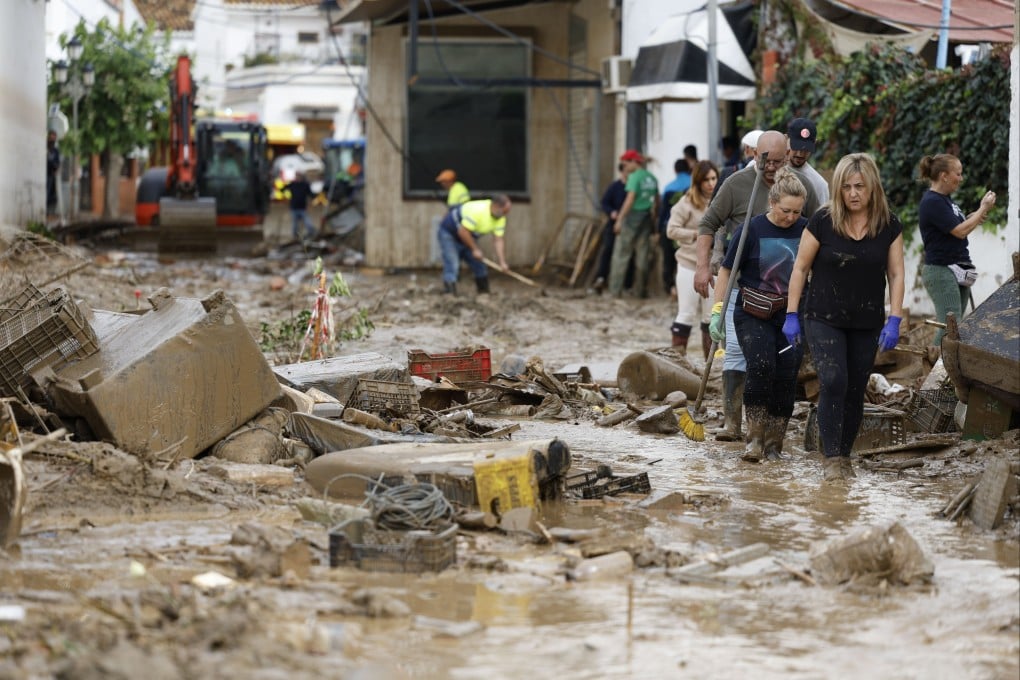Letters | Spain’s deadly floods another wake-up call for Hong Kong
Readers discuss the urgent need to manage climate risks, the real danger on MTR escalators, and paying attention to domestic workers’ mental health

Feel strongly about these letters, or any other aspects of the news? Share your views by emailing us your Letter to the Editor at [email protected] or filling in this Google form. Submissions should not exceed 400 words, and must include your full name and address, plus a phone number for verification
While properly enforced advanced warnings could have allowed more time for precautionary measures, they are not the sole factor at play. The hydrophobic soil – in part the result of recent dry weather – could not absorb enough rainwater during the flood. The intense urbanisation of coastal areas impeding efficient water penetration into the ground is also to blame.
Green groups have been advocating for the government to adopt “blue-green infrastructure” solutions by integrating green space, trees and natural drainage into the urban environment. This kind of infrastructure must be incorporated into all new government projects. With incentives, private developers can adopt it too.
An analysis of the Spanish flood by World Weather Attribution indicates that the rainfall was about 12 per cent heavier than it would have been if human-induced warming had not occurred. It also found that such weather events are now twice as likely. The organisation further revealed that human-induced climate change from greenhouse gas emissions has caused multiple extreme climate catastrophes across Europe.
